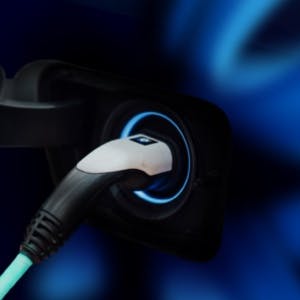- Home
- All updates
- EDGE Insights
- Industries
- Company Search
- My Watchlists (Beta)
All Updates
Zeta Energy successfully produces lithium-sulfur batteries using dry process
Hexagon unveils Advanced Compensation for metal 3D printing
Eden AI raises EUR 3 million in seed funding to accelerate product development
Wiz acquires Dazz to expand cloud security remediation capabilities
Immutable partners with Altura to enhance Web3 game development and marketplace solutions
OneCell Diagnostics raises USD 16 million in Series A funding to enhance cancer diagnostics
BioLineRx and Ayrmid partner to license and commercialize APHEXDA across multiple indications
SOPHiA GENETICS announces global launch of MSK-IMPACT powered with SOPHiA DDM
Biofidelity launches Aspyre Clinical Test for lung cancer detection
Spendesk partners with Adyen to enhance SMB spend management with banking-as-a-service solution
Mews acquires Swedish RMS provider Atomize to enhance Hospitality Cloud platform

EV Economy
Zeta Energy successfully produces lithium-sulfur batteries using dry process
-
Zeta Energy, a company developing lithium-sulfur batteries, has reported the development of a sulfurized carbon material compatible with dry-electrode processing. According to the company, the dry-processed cathodes when incorporated into pouch cells had equivalent performance to cells that had been made with wet-processed cathodes.
-
The general process of producing electrodes involves the use of wet processes, in which electrode materials are combined with a solvent and deposited as a slurry, which is then treated and dried.
-
Zeta previously used aqueous processing with its water-compatible sulfurized carbon-cathode material. Now, with the successful implementation of the dry process, the company is able to avoid the use of solvents entirely when producing electrodes. This also eliminates the need for drying.
-
Analyst QuickTake: In April 2023 , Zeta demonstrated that its lithium-sulfur battery technology can use unrefined sulfur with no loss of performance. This signaled that the company can produce its batteries with locally available sulfur with no restrictions. Zeta’s sulfurized carbon material prevents the polysulfide shuttle effect , which enables the production of sulfur-based cathodes that offer strong stability and performance.
Contact us
By using this site, you agree to allow SPEEDA Edge and our partners to use cookies for analytics and personalization. Visit our privacy policy for more information about our data collection practices.